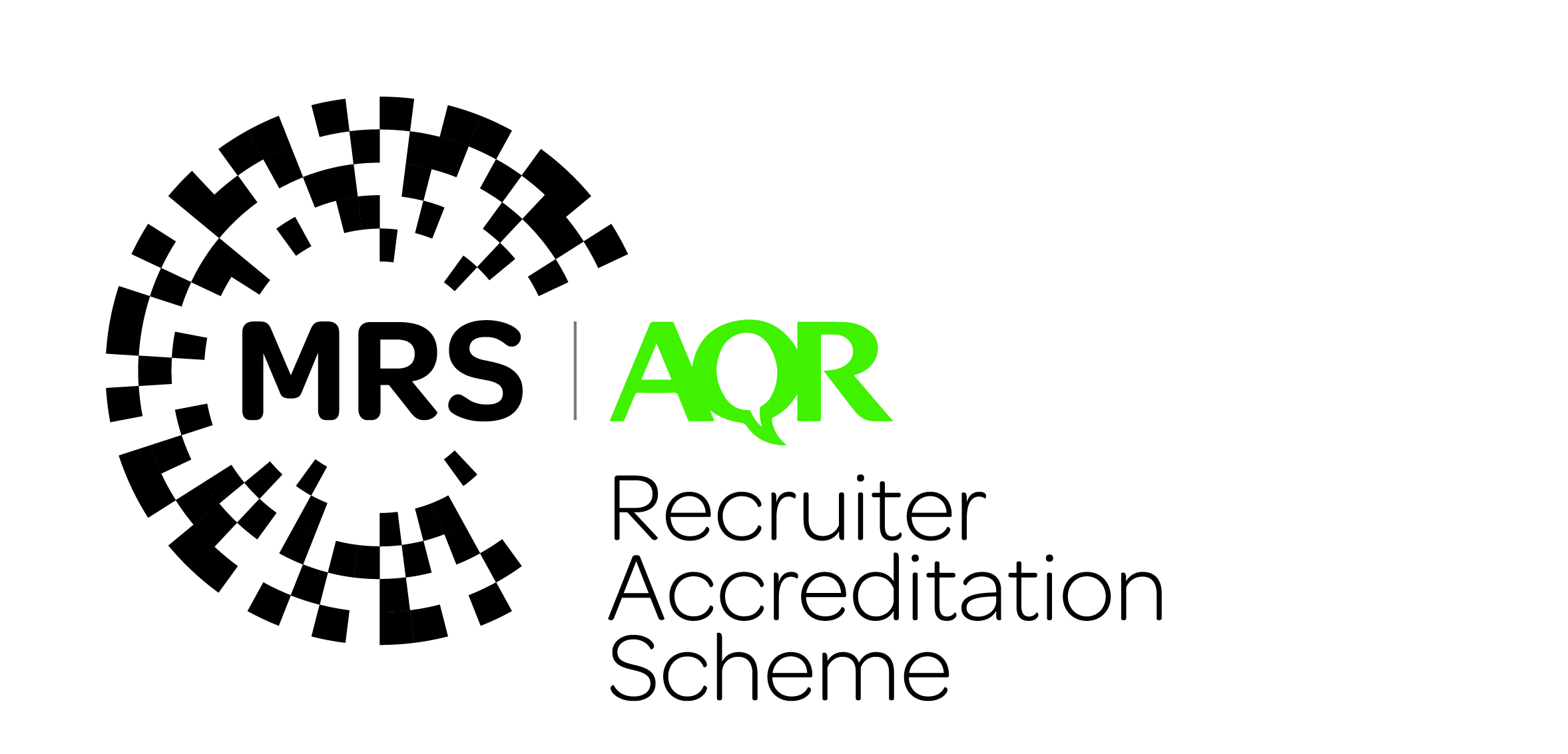All MRS websites use cookies to help us improve our services. Any data collected is anonymised. If you continue using this site without accepting cookies you may experience some performance issues. Read about our cookies here.
To enlarge video please either pause the video and then press the F key on your keyboard or select full screen button option located on the bottom right of the video.
You are currently not logged in. Any progress made will be lost.
Getting the best out of participants
With the pressures on research suppliers, fieldwork suppliers and you as recruiters to complete projects in specific timeframes it is easy to forget that a successful project relies on the willing involvement of committed participants! So let’s have a look at how qualitative research generates results through engaging with participants and the personal interactions that happen in a research session.
Qualitative Research and Participants
Qualitative research seeks greater psychological understanding about behaviours, attitudes or aspirations of people and qualitative researchers are experienced in using techniques which maximise honest revelation and the creative exploration of ideas. For participants, due to the in depth nature, taking part in a qualitative research project can be a more intimate, personal and psychologically demanding experience than taking part in some quantitative studies. Qualitative researchers are familiar with techniques to put participants at ease and create as natural an environment as possible so as not to impact on a participant’s normal behaviour.
Participant Engagement
Although clients will have agreed Discussion Guides (which outline the broad discussion topics and flow and highlights the key questions the researcher plans to ask participants) all depth interviews, focus groups, online interviews or forums and certainly all ethnographic studies will reveal open-ended and unplanned data. These can often be the result of (intentionally) enabling participants to digress or expand on issues when something unpredicted is felt to be more salient, important or influential than the precise issue stipulated by clients. Qualitative studies are by nature more ‘free-form’ than quantitative studies and from a participant perspective it should feel like being involved in a conversation rather than being fired questions at.
It is an important part of your role to recruit participants who will be enthusiastic and eager to take part in the research as well as fitting ever more complex specifications. It is crucial that participants recruited not only reflect the relevant target audience but are articulate and confident enough to have opinions and able to discuss any specified subject matter for the desired amount of time. If as a recruiter you find it difficult to communicate with potential participants they will probably not be right for research sessions – even if they buy the right products or use services at the correct frequency!
Feedback from clients will sometimes say that a participant wasn’t the right “type” or was so shy or nervous that they had no input into the session. As a recruiter you will need to understand the reasons why projects are commissioned and a full briefing into the aims and objectives of any given project is an invaluable start to recruiting a project. Recruitment is the important first step in putting participants at ease and feeling confident in what is asked of them. It may not be possible to highlight to potential participants exactly what will be discussed or trialled although you should be able to give a broad overview of topic areas and activities so participants are not misled when they agree to take part. As you become more experienced in recruiting for qualitative studies it will become more instinctive to recognise who will be responsive in a session and the right “type” of participant.


